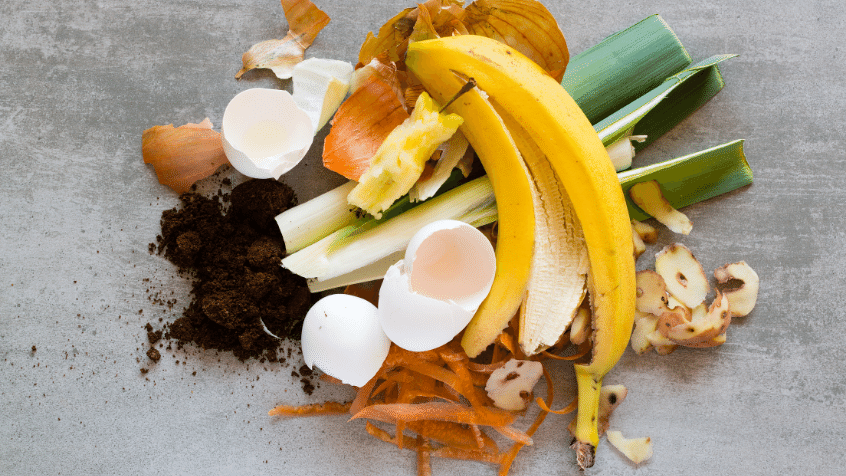Compost - unsurprisingly, something few of us ever think much about. But maybe we should, because just a few minutes of research reveals some pretty huge incentives. Aside from being free fertiliser for those with gardens or indoor pots, it also helps soil retain moisture for longer (saving your water bill). But perhaps most excitingly, it diverts waste from landfill where it would otherwise sit, releasing gasses and contributing to global warming. And these days with packaging becoming compostable, composting opportunities are greater than ever.
But while we don’t all have the luxury of big backyards with plenty of space for the old fashioned a compost heaps, the good news is that there are plenty of new, more compact systems designed for small spaces, balconies and even indoors! Here’s our wrap-up of the different options, and some pros and cons for each.
Bokashi
This system uses a compact, fully sealed bin that ferments your waste using a microorganism that you add along with your scraps.
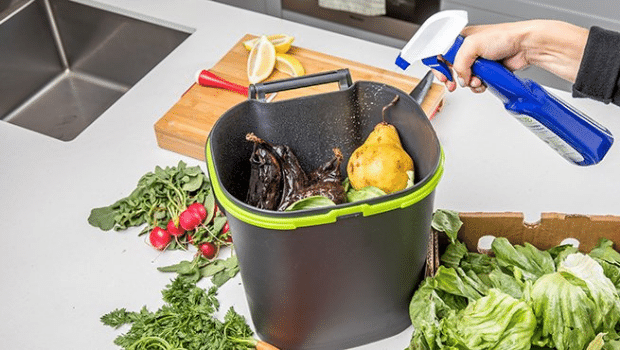
Pros
- It’s very easy and fast
- Can be done indoors, and when done right is completely odour-free
- Can take all food waste, including citrus, meat and dairy
- Produces a rich liquid fertiliser that’s great for plants
Cons
- Requires a constant supply of bokashi mix
- Because of their compact size, they can’t hold a lot
- You need to bury the compost at the end of the process, so requires garden access
- Can’t take ‘compostable’ packaging
Composta
This is definitely our recommendation for anyone short on space due to their incredibly compact design.
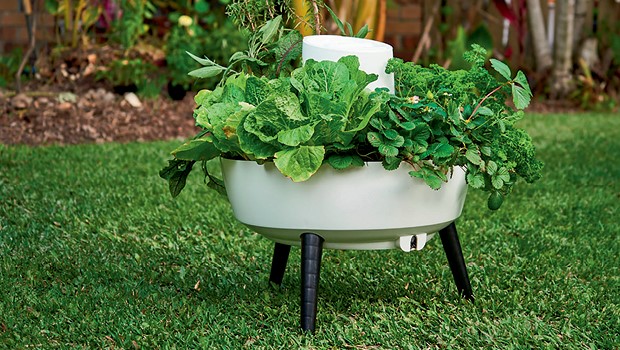 Pros
Pros
- Can be used indoors or outdoors, with or without legs
- The compost goes straight into your pot, so no need to mix through
- Made on the Gold Coast by a small family business
Cons
- Only takes about a handful of scraps a day, but this is normally enough for a household of 1-2 people
- Won’t take citrus, onions or any kind of meat products
Tumbler
Completely sealed and more moveable these are a good solution for paved spaces.
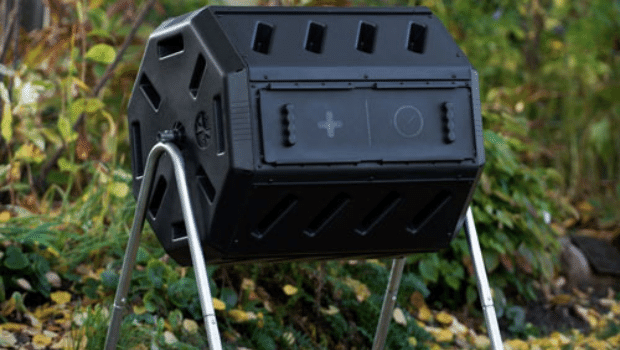
Pros
- More pest-proof and mobile than traditional bins
- The design means you can easily access the finished compost
- Fast working, and often have 2 compartments meaning you can fill one while the other is resting
Cons
- The larger units can be a little heavy to spin.
Worm Farm
Certain types of worms will eat your organic waste and turn it into compost via their excrement. Apart from the worms, you will need a 3 or 4 level structure that has decent drainage, good air flow and a ‘bedding’ of moist, shredded paper.
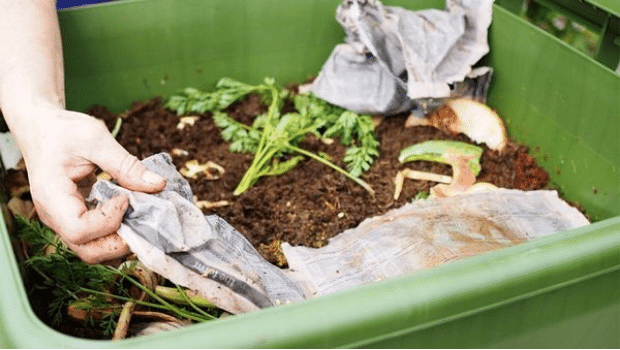 Pros
Pros
- Compact and don’t require a garden
- Produces a great liquid fertiliser
Cons
- Worms require care, and can die if the temperature or moisture levels aren’t right
- Limited capacity for waste
- Cant take citrus or onions
The old-fashioned compost bin
These are still a really good option for those blessed with lots of garden space.
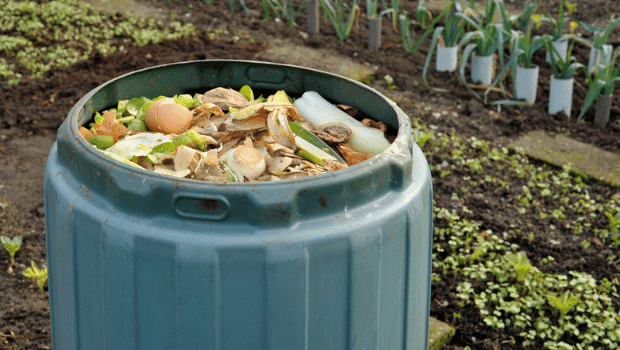
Pros
- One of the cheaper units to buy, and because the bottom is open they naturally attract worms without the need to buy and add them
- Can take a lot of scraps, plant material, paper and cardboard, and even ‘compostable’ packaging
Cons
- If not properly sealed you may find they attract mice of possums
- It can be tricky to access the finished compost from the bottom
None of these options sound quite right for you? The Sharewaste app finds the nearest compost bin, so you can compost without even needing your own system!
